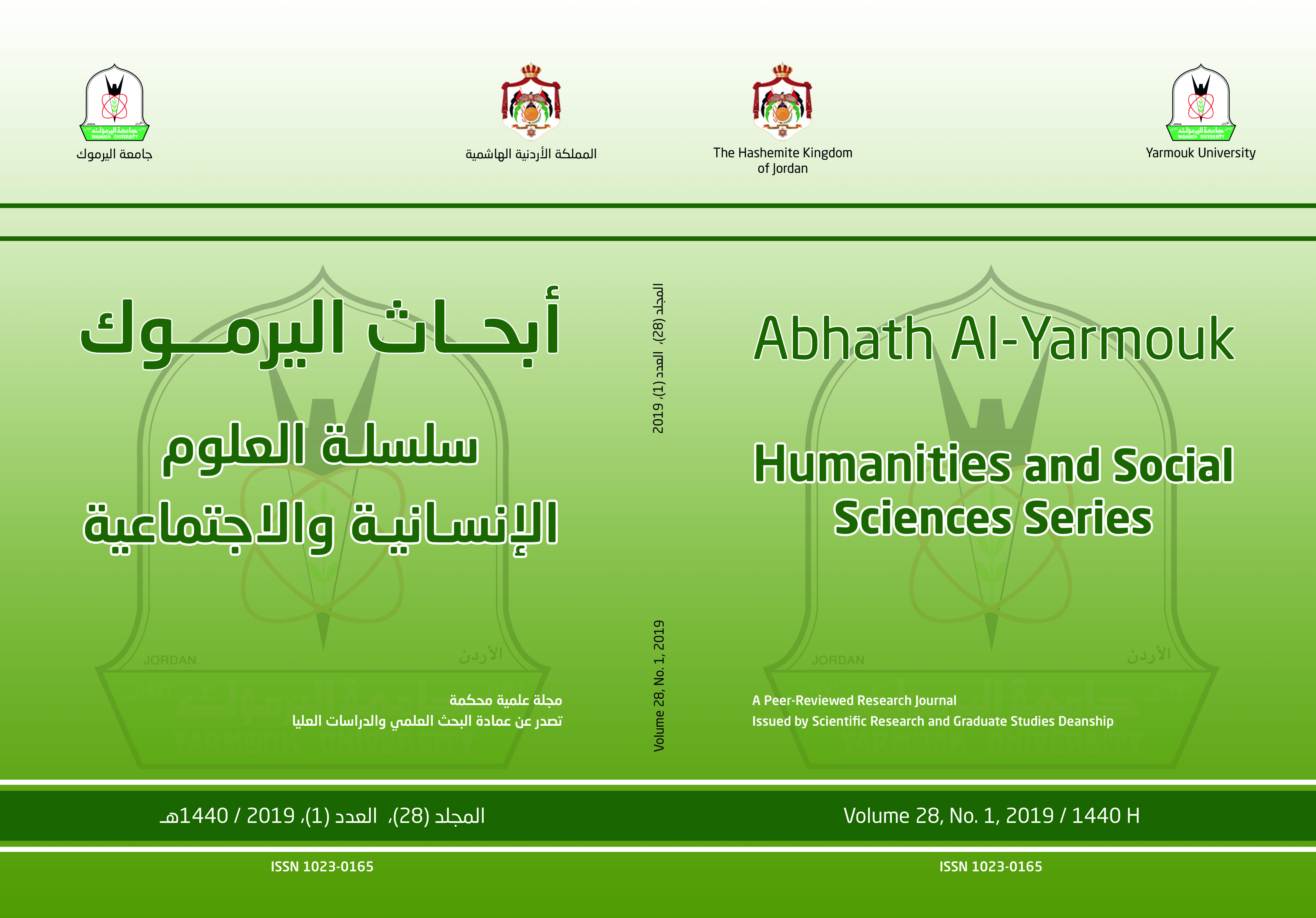دور تقييم المعرفة في تعزيز استراتيجية إدارة المعرفة
الكلمات المفتاحية:
خلق المعرفة، تبني المعرفة، تكييف المعرفة، تجسيد المعرفة، تقييم المعرفة، الشركات متعددة الجنسيات، الأردنالملخص
على الرغم من أن مفهوم إدارة االمعرفة قد تمت مناقشته على نطاق واسع في الأدبيات الحالية ،فهو لا يزال يتطور، فهناك عدد كبير من النماذج والمفاهيم .وقد أدت هذه الوفرة إلى وجود إختلافات في المفهوم. يستقصي النموذج المقدم في هذه الدراسة العلاقة بين تقييم المعرفة وعوامل إدارة المعرفة (خلق المعرفة، وتبني المعرفة، وتكييف المعرفة، وتجسيد المعرفة) التي من المفترض أن تتخذها المنظمات لتحقيق ميزة تنافسية.
تم تطوير استبيانة لجمع البيانات .وتكون مجتمع الدراسة من خمس شركات عالمية كبيرة الحجم تعمل في مجال تكنولوجيا المعلومات والاتصالات في الأردن. وقد تم توزيع الاستبانة على العاملين في الشركات المبحوثة واسترداد( 93) استجابة صالحة للتحليل، وثبت أن الاستبيانة موثوقة وصالحة.
أظهرت النتائج أن عاملي إدارة المعرفة (خلق المعرفة، وتبني المعرفة) مهمات ولهما تأثير قوي على تقييم المعرفة، بينما كان عاملا إدارة االمعرفة (تكييف المعرفة، وتجسيد المعرفة) غير مهمين ولهما تأثير سلبي على تقييم المعرفة في الشركات التي شملتها الدراسة .وتمت مناقشة النتائج وتقديم الاقتراحات والتوصيات وآفاق البحوث المستقبلية.

